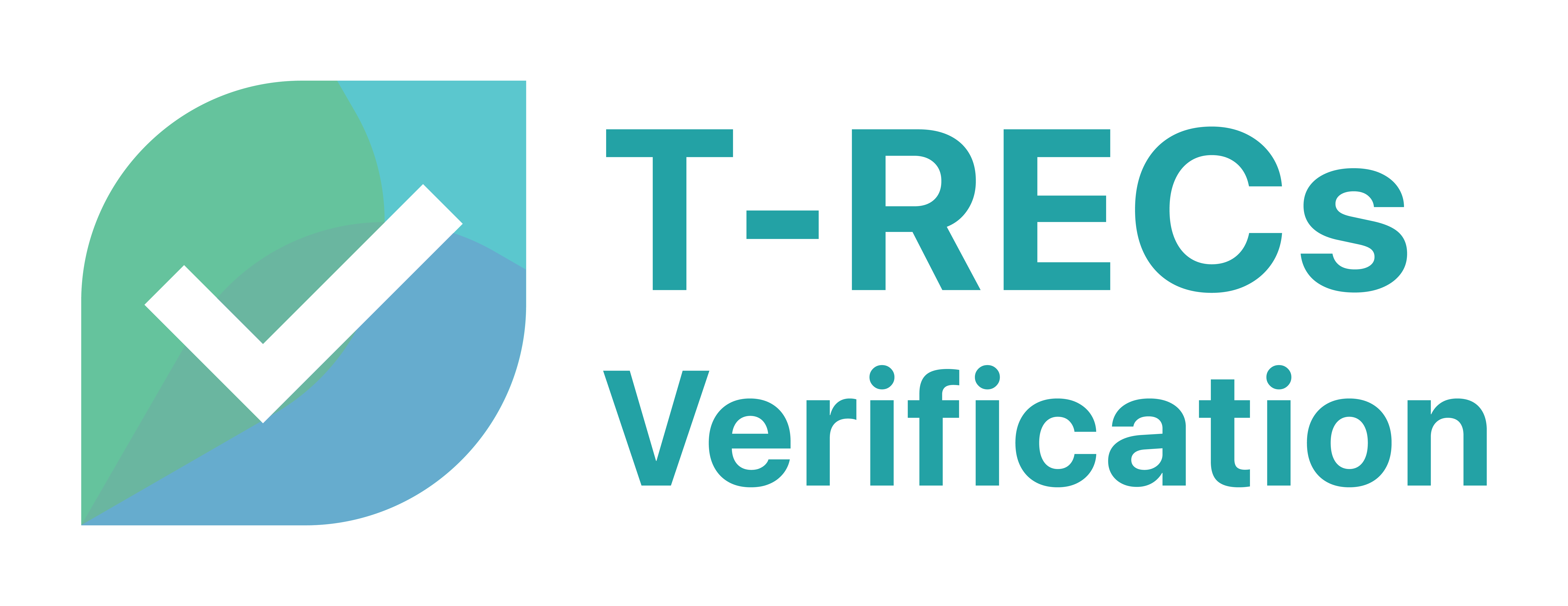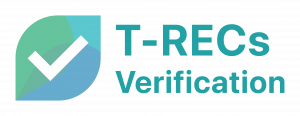What is I-REC(E)?
I-REC Standard is a non-profit organization that provides a robust attribute tracking standard for use around the world. This standard requires local stakeholders and government authorities to facilitate national implementation in adherence with local and national regulations.
The I-REC Standard is acknowledged by major reporting frameworks such as the Greenhouse Gas Protocol (GHGP), CDP, and RE100 as a reliable backbone for credible and auditable tracking instruments. It ensures the highest quality systems and adherence to best practices designed to avoid double counting, double certificate issuance, and double attribute claims.

The I-REC Standard’s International Attribute Tracking Standard ensures that market facilitators adhere to best practices and good governance principles for the tracking instrument and the associated markets they manage. In this way, the I-REC Standard represents a globally recognized standard, which is often referred to as I-REC, that can be implemented for a myriad of products both within and beyond the energy sector that can benefit from harmonization, recognition, market support, and independent oversight. Recognized Issuers, stakeholders, and government bodies can consistently rely on the I-REC Standard and its associated Product Codes while implementing and running robust attribute tracking systems.
International Renewable Energy Certificate (I-REC) is the internationally used standard to certify the renewable origin of electricity. I-REC is used in over 45 countries spread over Asia, Oceania, Africa, South America and Middle America. Additionality can be improved by procuring special labels, comprising strict criteria for the production of green electricity, extra funds and social improvements in the surrounding area. The green electricity registry follows similar rules as Guarantees of Origin in Europe or Renewable Energy Certificates (REC) in North America.

